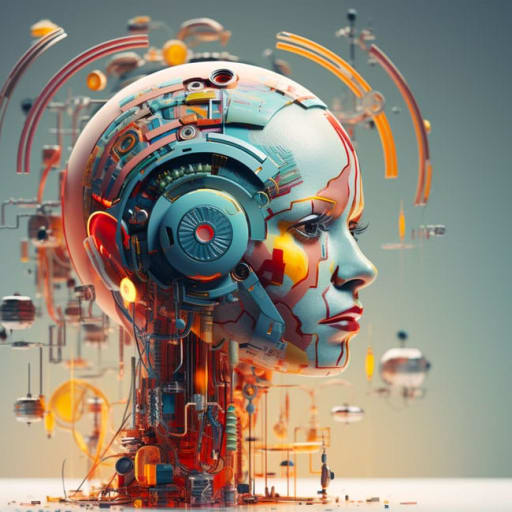What Are AI Agents?


What Are AI Agents?
AI agents are intelligent software systems that can perceive their environment, make decisions, and take actions to achieve specific goals — often with little or no human intervention.
Think of them as digital “actors” that sense, reason, and act in a way that’s purposeful and goal-driven.
From chatbots that answer customer questions to autonomous robots that navigate warehouses, AI agents are becoming an integral part of modern technology.
How Do AI Agents Work?
An AI agent operates in a sense–think–act loop:
- Sense (Perception) – The agent gathers information from its environment through sensors, APIs, or data inputs.
- Think (Reasoning) – It processes the information, using algorithms, machine learning models, or rules to decide on the next action.
- Act (Execution) – The agent performs an action — sending a response, moving a robot arm, updating a database, or triggering another process.
Many AI agents also include a learning step, where they improve their performance over time based on feedback or new data.
Types of AI Agents
- Reactive Agents – Operate based only on current inputs (e.g., a thermostat adjusting temperature).
- Deliberative Agents – Use internal models to plan actions ahead of time.
- Learning Agents – Improve their decision-making over time using reinforcement learning or supervised learning.
- Multi-Agent Systems – Groups of agents that collaborate or compete to achieve goals (e.g., swarm robotics).
Examples of AI Agents in Action
- Personal Assistants – Siri, Alexa, and Google Assistant.
- Customer Service Chatbots – Automating support for businesses.
- Trading Bots – Making split-second investment decisions.
- Autonomous Vehicles – Perceiving surroundings and navigating safely.
- Game NPCs – Controlling characters with adaptive behaviors.
Challenges and Considerations
While AI agents can dramatically improve efficiency, they come with challenges:
- Data Dependence – Poor or biased data can lead to flawed decisions.
- Ethical Risks – Potential misuse or unintended consequences.
- Complexity of Environments – Real-world environments can be unpredictable.
- Transparency – Understanding how decisions are made can be difficult with complex models.
The Future of AI Agents
As AI research advances, we’re moving toward autonomous multi-modal agents capable of handling text, voice, images, and even physical interactions seamlessly. Combined with Large Language Models (LLMs), these agents can reason more deeply, adapt to new situations, and interact naturally with humans.
The long-term vision is for AI agents to function as reliable collaborators — not just tools — assisting in everything from business automation to scientific discovery.
In short: AI agents are goal-driven software entities that perceive, reason, and act to achieve objectives. As they become smarter and more autonomous, they have the potential to reshape industries and augment human capabilities.